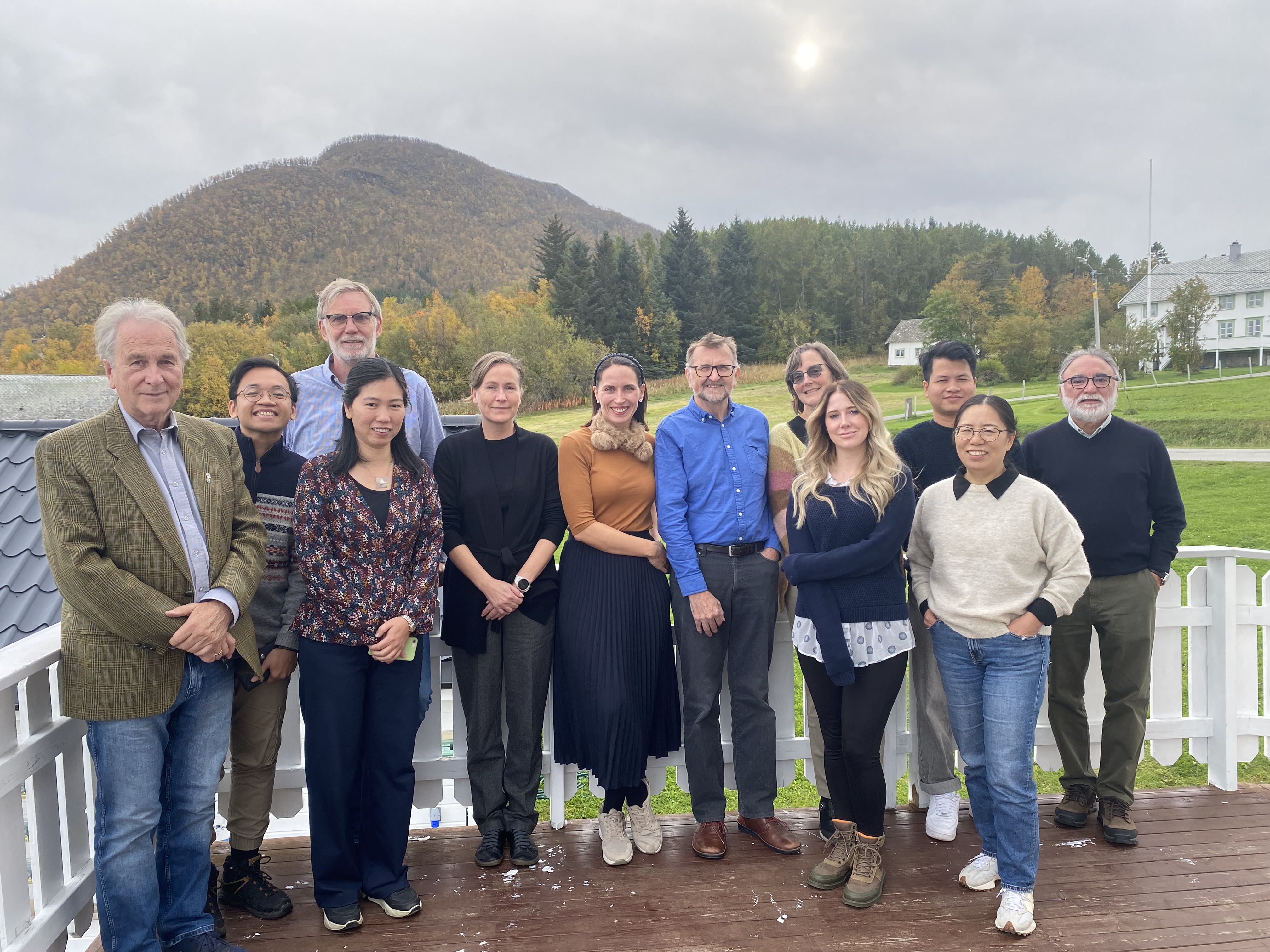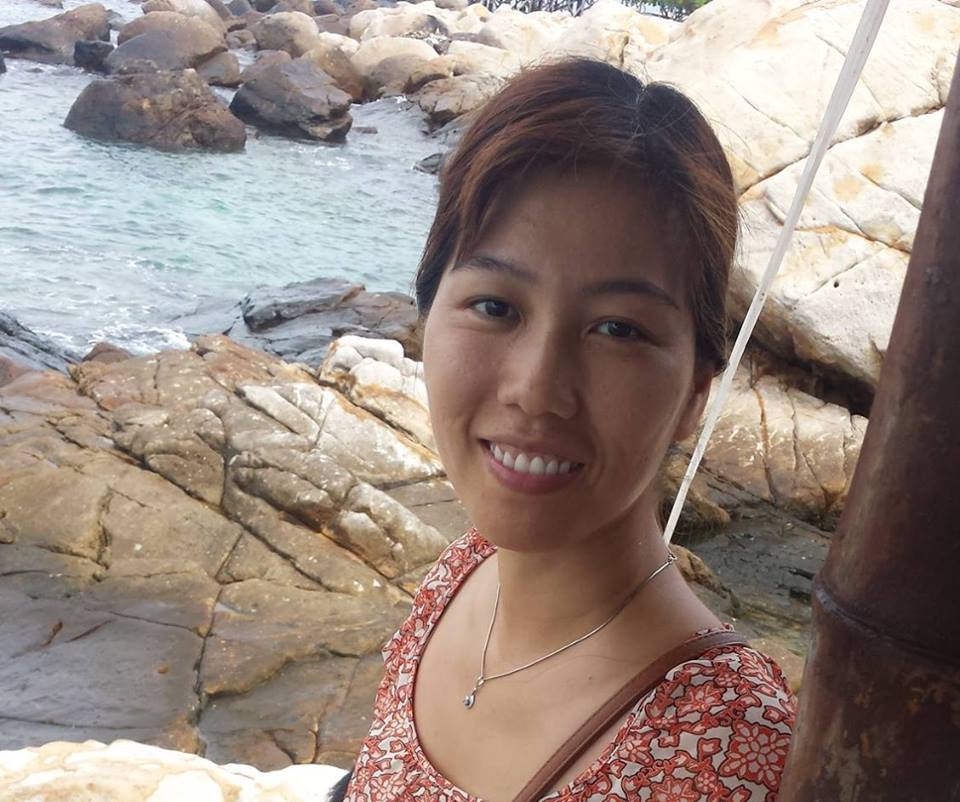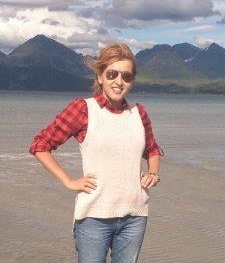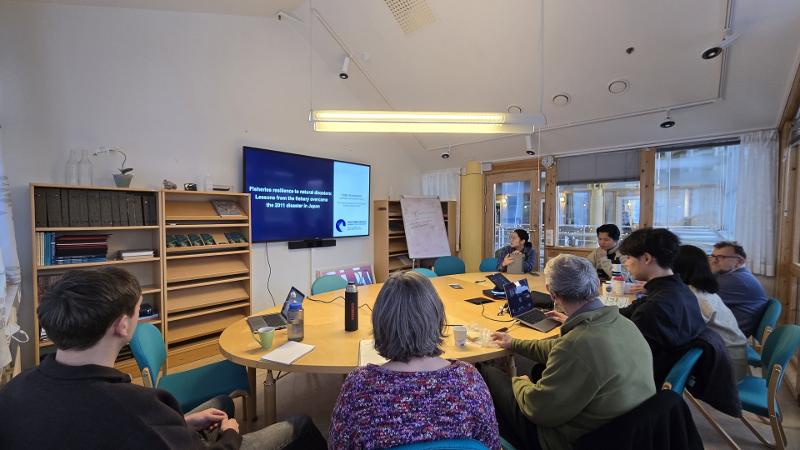We live in a world with limited resources. Overfishing, loss of





The University of Tromsø offers several paths towards a specialization in resource economics. The only requirement is that your Master's Thesis is written within this field.
For English speakers, there are two possibilities; either the Master's Degree program in Economics or the Master's Degree program in International Fisheries Management. Msc in Economics require a Bsc in Economics or the equivalent. Msc in International Fisheries Management only requires a finished Bsc, but it is recommended that the Bsc is in Natural Sciences or in Economics.
Both of these studies are held in English. If you speak Norwegian, there's a third possibility: the Master's Degree program in Fisheries and Aquaculture Science.
Do you consider writing a master thesis in environmental economics? Below you find some suggestions for topics:
Externalities in conventional aquaculture. Farming of aquatic species is associated with negative effects on the environment. in Norwegian aquaculture, for example these are sea lice, escapees and chemical pollution. Based on the evidence from natural sciences you can make a bio-economic or cost-benefit analysis of aquaculture.
Cost-benefit analysis of ecosystem interventions. We sometimes read in media about the measures such as cultivation of fish, treatment of water in order to get rid of unwanted species and other interventions in the ecosystems. What are the economic benefits and costs of these measures?
Bioeconomic analysis of lobster. A high demand for lobster in the market caused overfishing of the species. Different management instruments were put in place to prevent the increasing pressure on the lobster stock: size restrictions, protected areas, limited fishing period and technical requirements. You can analyse the benefits and costs of these measures using bio-economic theory, cost-benefit analysis and microeconomics.
You might use these broad approaches in relation to a case study of your choice:
- Aquaculture: new species and markets
- Game theory in analysisng fishery economics
- Bio-economic modelling
- Alternative data sources for fishery research
- Economic analysis of environmental policies
- Fisheries and aquaculture under the climate change
- Tourism fisheries: sustainability and cost-benefit analysis
- Risk and uncertainty in fisheries and aquaculture management
- Economics of marine protected areas
- Economics of bycatch
You might also wish to write a thesis in business economics (refer to the HHT - The school of business and economics), where you can make a profitability or investment analysis of a particular project in fisheries or aquaculture.
For those who want to immerse further into the research world of resource economics, a PhD might be of interest. You can find a list of PhD projects with the Environmental and Resource Economics group (MRØ) here.
Course programs that have been offerred by the Environmental and Resource Economics group (MRØ) are also presented here.
Resource economists are highly sought after, and with a Msc in the field you have plenty of opportunities. Resource Economists in Norway are found within a variety of employments; consulting, research, teaching, public administration, county administration, non-governmental organisations and larger businesses. Some Resource Economists are also found within international organisations like the UN, the International Bank for Reconstruction and Development, OECD and the FAO.
Here are some examples of what Resource Economics graduates from MRØ are working with:
Mona Bue works as an Ecological Consultant at the Norwegian Directorate of Public Roads. She wrote a master thesis in Norwegian on "Rekefisket i Barentshavet: en bioøkonomisk analyse av marine reservat i forvaltningen av bifangstbestand".
Elin Kolsvik works as a Senior Adviser and Field-Manager of Marine Biotechnology for Innovation Norway. She wrote a master thesis in Norwegian on "Optimal fangstalder for norsk arktisk torsk: predasjonskostnader inkludert i Beverton & Holt's årsklassemodell".
Sverre Johansen previously worked as the Pelagic Field-Manager at the Norwegian Seafood Federation and now as Secretary General of the Norwegian Fishermen's Association. He wrote a master thesis in Norwegian on “Næringsøkonomiske effekter av institusjonell ulikhet : en komparativ studie av det institusjonelle rammeverket og fiskerinæringen på Island og i Norge” .
Guri Hjallen Eriksen used to work in the Norwegian Ministry of Fisheries and Coastal Affairs, but is currently employed in the legal firm Kyllingstad Kleveland Advokatfirma DA. Her master thesis is about "Kongekrabbens predasjonskostnader: en bioøkonomisk analyse av kongekrabbebestanden i norsk økonomisk sone".
Nguyen Thi Hoa Hong wrote a master thesis on "Co-management in Trao Reef Marine reserve, Vietnam – A transaction costs approach". Currently, she works at the Vietnamese Directorate of Fisheries.
Hallveig Olafsdottir wrote a master thesis on "Resource tax, Quality of Fishing Rights, and Economic Performance A comparative study of the fishing sectors in Iceland and Norway". She currently works at the Ministry of Industry and Innnovation Iceland.


